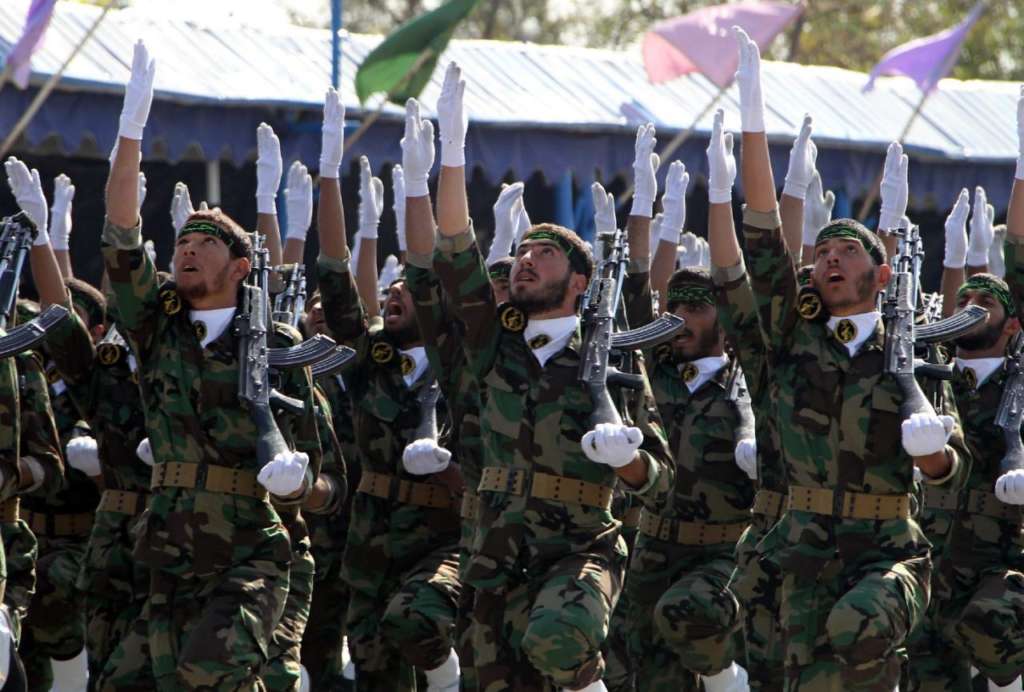Irbil – The Quds Force of Iran’s Revolutionary Guards is active in Mosul through dozens of military and political premises established in the western side of the city under the wings of the Popular Mobilization Forces, informed sources told Asharq Al-Awsat on Sunday.
Sheikh Muzahim Huwet, the spokesperson for the Arab tribes in Nineveh, said that former Iraqi Prime Minister Nouri al-Maliki “is currently working to form several tribal councils in Nineveh that are linked to him and directly supported by Iran’s Revolutionary Guards and Supreme Leader Ali Khamenei.”
Huwet added: “They seek to win the largest number of parliamentary seats in Mosul and also the majority of seats at the governorate’s council, in order to factionalize the Sunni Arabs, to Shi’itize Mosul and fight the Kurdistan district.”
The Quds Force is a special forces unit of Iran’s Revolutionary Guards responsible for their extraterritorial operations.
Separately, section XIV Kurdistan Democratic Party relations official in Mosul, Sheikh Muhyiddin Mezouari uncovered the presence of “Sunni tribes linked to the Maliki movement,” adding that those tribes possess arms.
“The political forces supporting those tribes seek to shake the security situation in the liberated areas and to ignite strife between residents,” Mezouari said.
Also, an official from one of the Popular Mobilization Forces’ factions with offices in Mosul said that Iranian officers are constantly present in those offices, adding that few days ago, Iran provided its militias in Mosul with heavy weapons and drones. However, the official did not elaborate.
Iran seeks to open a ground road from Mosul to the Syrian territories to supply the regime of Bashar Assad and the “Hezbollah” party with arms and militants and to increase its powers in the area by controlling the city of Mosul and getting closer to the borders of Irbil, the capital of Kurdistan.
